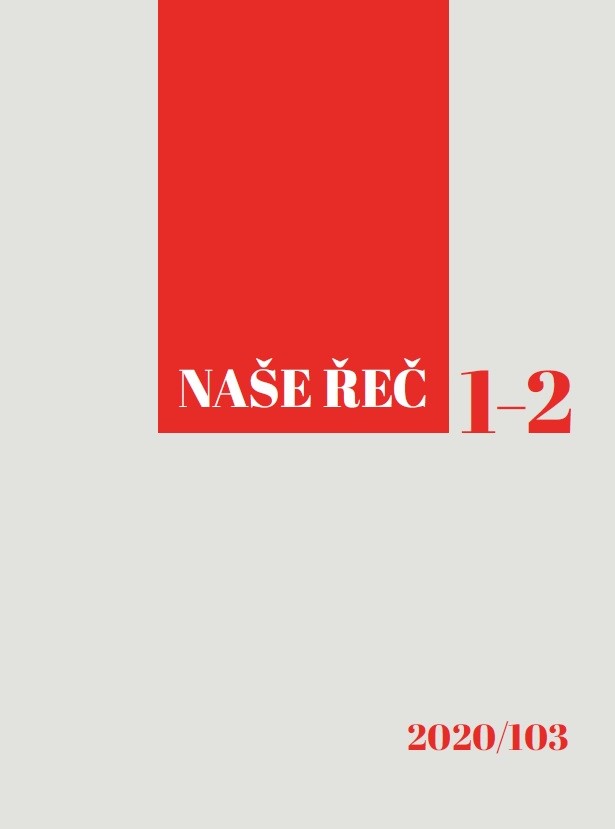Využití Natural Semantic Metalanguage při popisu
diskurzních částic: případová studie částice vždyť
The use of Natural Semantic Metalanguage for the description of discourse particles:
the case study of the Czech particle vždyť
Author(s): Tomáš DoischerSubject(s): Western Slavic Languages
Published by: AV ČR - Akademie věd České republiky - Ústav pro jazyk český
Keywords: discourse markers; discourse particles; Natural Semantic Metalanguage; pragmatics; semantics
Summary/Abstract: The meaning of discourse particles is notoriously difficult to describe due to the number of functions each particle can have. In this paper, I present the Natural Semantic Metalanguage (NSM) approach to describing the meaning of discourse particles which has been successfully used over the last decades. Using the example of the dictionary entry of the particle vždyť, I show that a polysemic approach leads to an unsatisfactory linguistic description. I then analyze vždyť using the NSM approach, explaining each step in detail. I arrive at the final monosemic definition and demonstrate on examples that it can serve as an adequate description of the meaning of the expression vždyť. I also examine lexicalized expressions containing (vždyť no vždyť and vždyť jo) and describe their meaning as well. Then, I compare the meaning of vždyť to its synonyms (neboť, však,and přece) and formulate a definition for each of the expressions. Finally, I point out the advantages and disadvantages of NSM for describing discourse particles.
Journal: Naše řeč
- Issue Year: 103/2020
- Issue No: 1-2
- Page Range: 79-96
- Page Count: 18
- Language: Czech

